A Learning Management System (LMS) has long been a staple for companies looking to deliver employee training and development programs. However, with the rise of the digital age, a new tool has emerged in the e-learning world: the Learning Experience Platform (LXP). While both systems serve a similar purpose, the LXP has several critical advantages over the traditional LMS, making it an attractive option for companies looking to enhance their training and development programs.
First and foremost, the LXP places the learner at the center of the experience, allowing them to personalize their learning journey based on their specific needs and interests. This learner-centric view is in stark contrast to the one-size-fits-all approach of the LMS, which can lead to a disengaged and disinterested workforce. With an LXP, employees can access a wealth of resources, including micro-learnings, social learning, and gamification elements, that cater to their individual learning needs and preferences.
Another significant advantage of the LXP is its ability to integrate with other systems and tools that companies may already use. For example, if a company uses a human resources information system (HRIS), the LXP can easily pull data from the HRIS to create personalized development plans for employees. This level of integration streamlines the training process and provides valuable insights and analytics on employee performance, allowing companies to make informed decisions about their training programs.
The LXP user experience is mobile-friendly and easily accessible from any device. This mobile-friendly approach means employees can continue their learning journey even when away from the office or their desk, allowing for more flexible and convenient training opportunities. The LXP also encourages collaboration and social learning, fostering a sense of community among employees and creating opportunities for peer-to-peer learning.
Another benefit of the LXP is its ability to keep pace with the rapidly evolving technological landscape. With regular updates and improvements, the LXP is always at the cutting edge of e-learning technology, ensuring that companies remain ahead of the curve. The LXP is also more agile and adaptable than the LMS, making it easier to respond quickly to changes in the business environment.
Finally, an LXP is more cost-effective than an LMS, with many providers offering flexible pricing models based on the size and needs of the company. This cost differential can be particularly beneficial for small to medium-sized businesses that may have limited budgets for training and development programs.
So, while the LMS paradigm has served companies well for many years, the LXP represents a new and improved approach to e-learning that offers several key benefits. By placing the learner at the center of the experience, integrating with other systems and tools, and being designed for the mobile-first world, the LXP is well-positioned to meet modern companies' training and development needs. Companies should consider ditching their LMS and embracing the LXP to enhance the learning and development opportunities they offer their employees.
Watch this video from our Learning Strategist Eric Kuhn explain a few key differences between LMS and LXP.
Are you ready to learn more? Fill out the form below for a quick 15-minute demo of the SparkLearn LXP.



